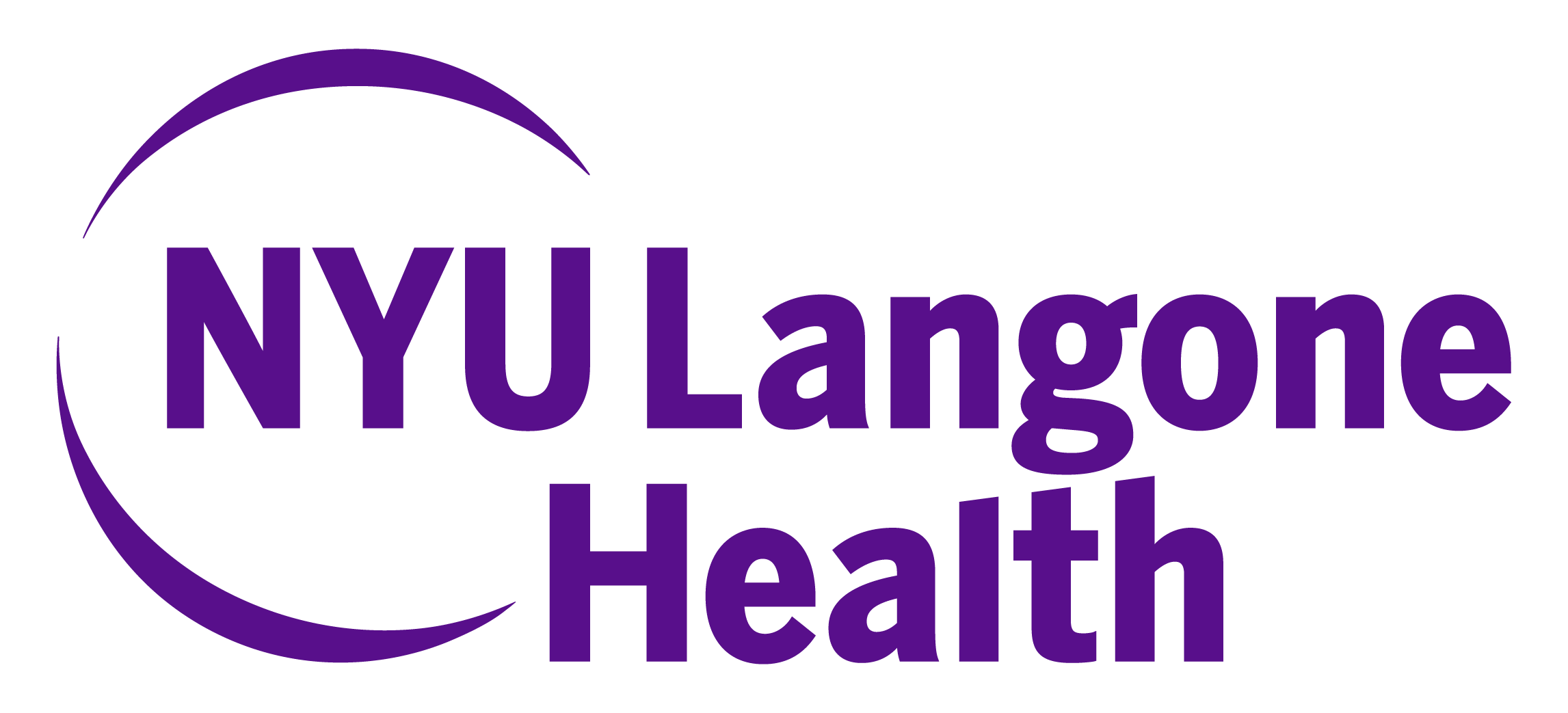- Advertise
- About OncLive
- Editorial Board
- MJH Life Sciences brands
- Contact Us
- Privacy
- Terms & Conditions
- Do Not Sell My Information
2 Clarke Drive
Suite 100
Cranbury, NJ 08512
© 2025 MJH Life Sciences™ and OncLive - Clinical Oncology News, Cancer Expert Insights. All rights reserved.
Dr. Weber on the Future of Checkpoint Inhibitors in Melanoma
Jeffrey S. Weber, MD, PhD, discusses the future of checkpoint inhibitors in melanoma.
Jeffrey S. Weber, MD, PhD, deputy director and co-director of the Melanoma Research Program, NYU Langone’s Perlmutter Cancer Center, 2016 Giant of Cancer Care® in Melanoma, discusses the future of checkpoint inhibitors in melanoma.
Currently, nivolumab (Opdivo), ipilimumab (Yervoy), and pembrolizumab (Keytruda) are approved checkpoint inhibitors in melanoma, explains Weber. The phase III IMspire170 trial evaluated the combination of atezolizumab (Tecentriq) and cobimetinib (Cotellic) in patients with treatment-naïve BRAF V600 wild-type melanoma. However, the combination did not meet the trial’s primary endpoint of progression-free survival in patients with BRAF V600 wild-type melanoma.
Although the trial was negative, there are several ongoing phase III studies, one of which is evaluating the combination of a LAG-3-targeting monoclonal antibody and nivolumab versus nivolumab alone. Moreover, the combination of bempegaldesleukin (NKTR-214), a CD122-preferential interleukin-2 pathway agonist, is being tested in combination with nivolumab versus nivolumab alone, Weber concludes.


